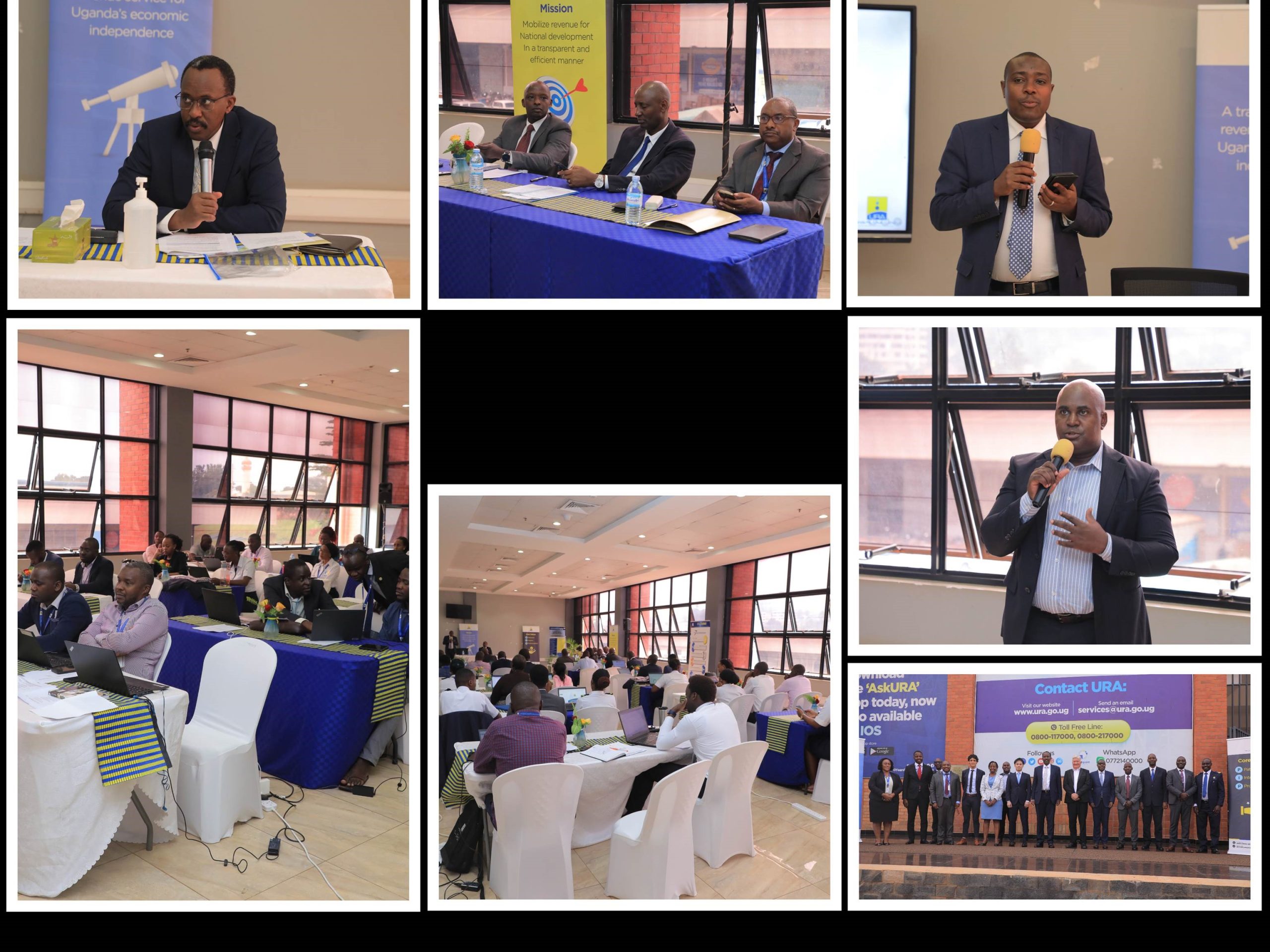
A team of experts from the Organisation for Economic Co-operation and Development (OECD) is conducting a three-day onsite assessment of the Uganda Revenue Authority’s Information Security readiness to receive financial information from more than one hundred twenty (120) countries around the world on Ugandan taxpayers with assets abroad.
This mandatory assessment evaluates Uganda’s capability to securely manage taxpayer information in accordance with international standards by examining laws, policies, systems, technology, processes, and procedures. It also assesses the ability to address risks, respond to incidents, and uphold data confidentiality principles.
This pre-exchange assessment for Uganda started in October 2023, and a report of Uganda’s standing will be prepared and circulated to all members before the end of the year. The next assessment will be a post-exchange assessment.
Denis K. Kateeba, the Commissioner of Tax Investigations, highlighted the importance of this peer review in the successful implementation of Automatic Exchange of Information (AEOI) as an intervention in the Domestic Revenue Mobilisation Strategy (DRMS) to tackle illicit financial flows (IFFs).
“The aim is to improve revenue collection and increase Uganda’s tax-to-GDP ratio to 18 and then 20% in the next five years, as it’s the focus area in the DRMS,” he said.
Through the AEOI program, URA will be able to combat international tax evasion, detect IFFs, and address transfer pricing issues through enhanced cooperation with other tax jurisdictions.
Kateeba noted that to implement the program, the sources of information available to URA will be expanded. This will include traditional sources like banks as well as non-traditional sources like e-commerce, and this will help URA detect evasion and identify new taxpayers.
“AEOI is a step ahead as it grants URA access to data held abroad by our resident taxpayers. URA is demonstrating a strong information system management framework that aligns with international standards of security for the duty of confidentiality.” Kugonza added.
In his remarks, Commissioner General John R. Musinguzi lauded the review as timely, saying it prepares the organization to access, secure, store, and use data within the organization and with its partners.
He recognized the pivotal role of data in the rapidly evolving digital landscape that has transformed the way businesses conduct and share information.
“This is not only about fulfilling the requirements of international regulations but also about fulfilling the foundation of trust, privacy, and security that underpins the organization’s digital appeal. This is particularly important as the organization prepares for its first automatic exchange of information,” he asserted.
By Irene Kabakama, MMU/PCA






No Comments yet!